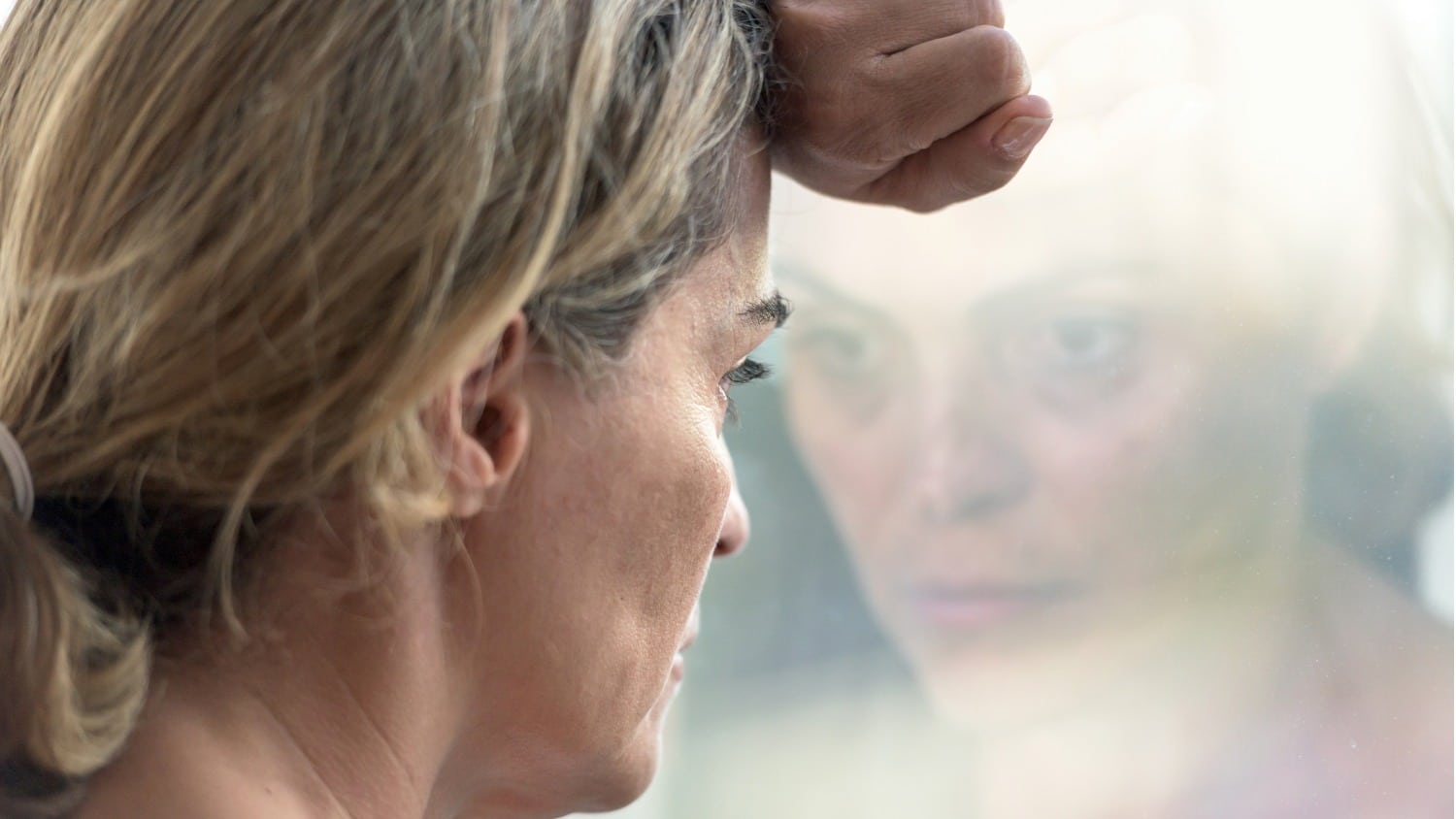
Coping with Major Life Transitions Takes Imagination and Guts
The aftermath of a parent’s death – especially when it’s your second parent – provokes a range of feelings: confusion, loneliness, anger, regret… and, of course, sadness. Sooner or later, however, you’ll find yourself back in “normal life” and wondering what to do with yourself.
As I undergo this grieving for my own mother’s passing, I find myself reflecting – in real time – on how one manages the complex array of feelings that accompany re-entry. Here are some tools that are helping me:
Decluttering
The first thing I did when I returned home from clearing out my mother’s apartment after she died was to start clearing out my own home.
I didn’t intend to do a full-scale decluttering. But as soon as I pulled on one string – clearing out a filing cabinet that was so over-stuffed with workshop materials I could no longer close it – I found that, almost seamlessly, I began moving on to other drawers, inboxes, and rooms. The purge took a couple of days, but boy, did I feel lighter afterwards.
In an article on managing transitions, best-selling author Bruce Feiler talks about how helpful it can be to “shed something.” He has in mind something a bit more abstract than emails: “mind-sets, routines, delusions, dreams. Like animals who molt when they enter a new phase, we cast off parts of our personality or bad habits.”
Sure, yes, that too.
But as an erstwhile disciple of Marie Kondo, I also believe that tidying can be a useful vehicle for preparing for that new mindset. If we can get rid of all our excess stuff, and pare down to the things we really love… err, “spark joy,” we’ll see our lives more clearly, and be able to enact change in the new status quo.
Swimming
Because of the Coronavirus, it has been four and a half months since I last stepped into a swimming pool. I was so excited when my local gym finally re-opened that I signed up to participate in their “test day” to try out the new, socially distant workout procedures.
I can’t describe how refreshing it was to put my head back underwater again. Swimming confers many benefits, but one of them is mindfulness. There’s something about swimming up and down those lanes, and following that black line, that really puts you in the moment. I always feel more focused and relaxed when I emerge from the water.
Swimming is also, quite literally, cleansing. Research shows that there is a link between water and generating new ideas. I find that as I re-enter the pool this summer, I am not only re-discovering a natural way to calm down and strengthen my body; I am finding inspiration.
Rewrite Your Life
Which brings us to creativity. As Feiler points out in his essay, a life transition is fundamentally an exercise in meaning-making.
A parent’s death will, invariably, trigger all sorts of memories – some good and some painful. These will flood you when you least expect it. As Feiler writes, transitions can and should be “healing periods that take the frightened parts of our lives and begin to repair them.”
I have long felt on the brink of writing something much more deeply personal about my life – something rawer and more revealing.
When I met my future self in an exercise recently, she gave permission to put down the manuscript I’ve been trying to publish for the past two years and pursue this new writing project. It’s one I’ve been taking notes on for ages but have feared writing because it’s so personal.
“It’s OK to move on,” she was telling me. “Write the book you’re afraid to write.” I feel that my mother’s death has empowered me to do just that. I am embracing this moment to embrace myself, which is part of owning my story. Let the healing begin.
What major life transition has recently happened in your life? How did you take it? How are you managing it? Do you have any specific advice for all of us? Please share it below!






